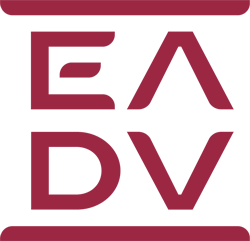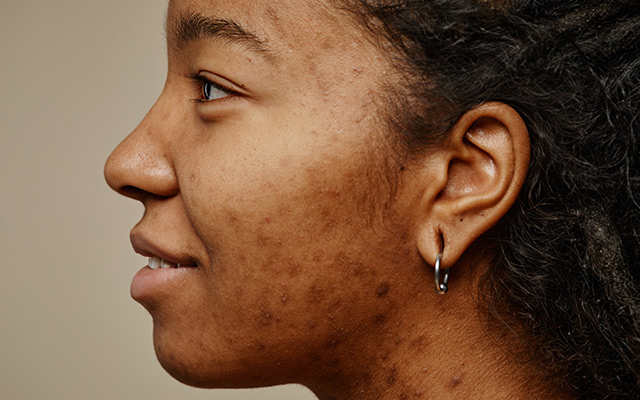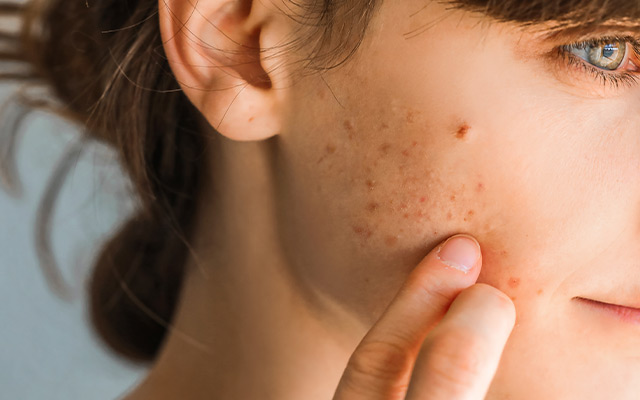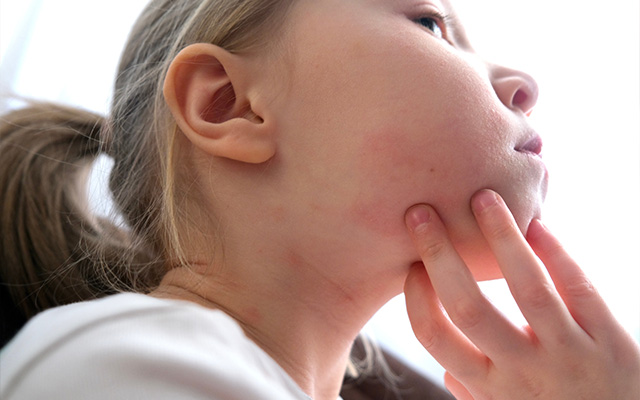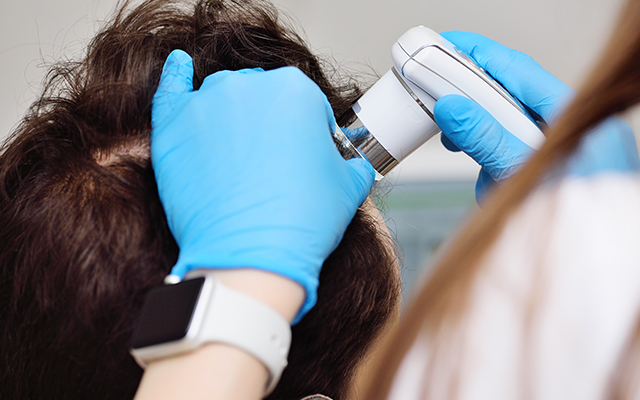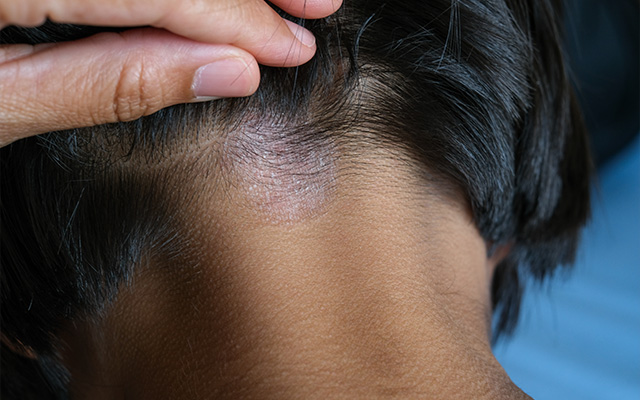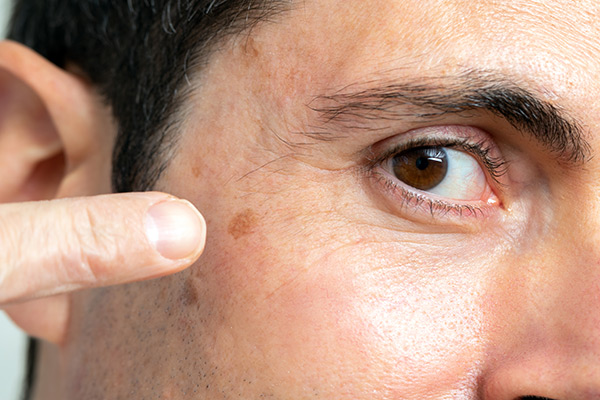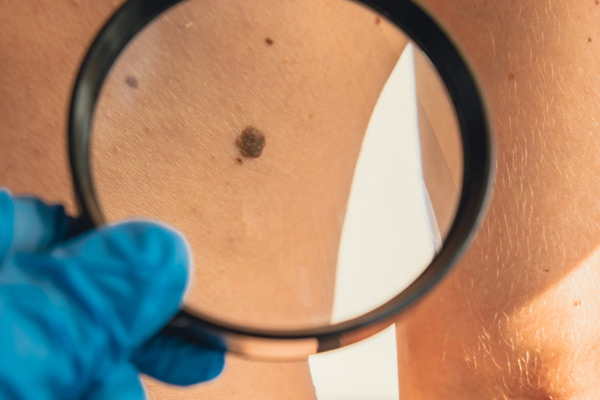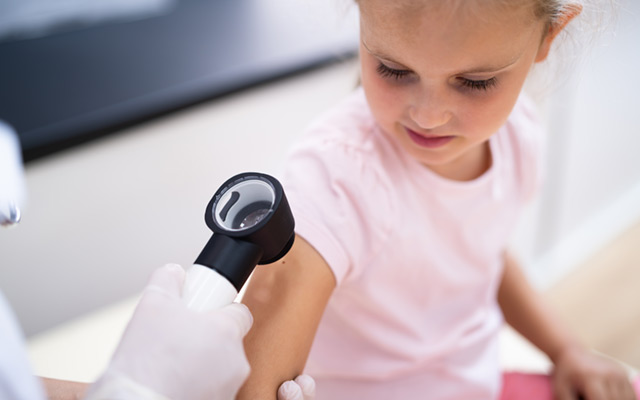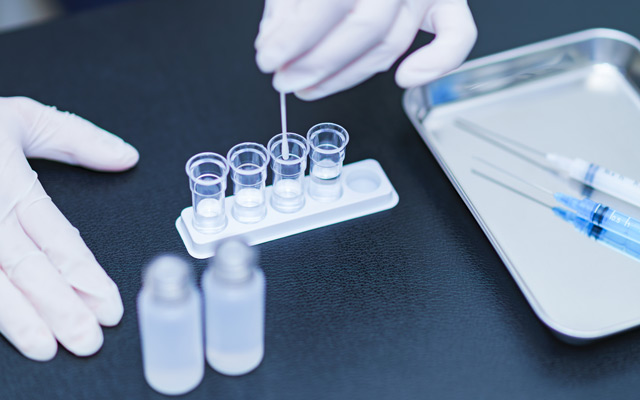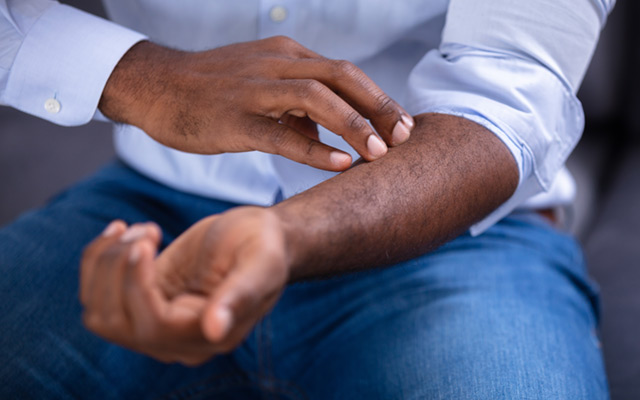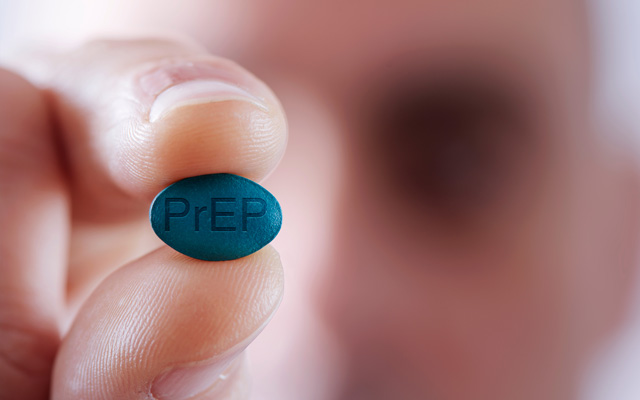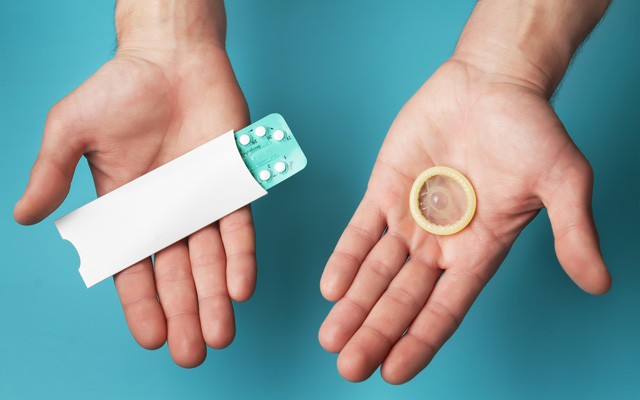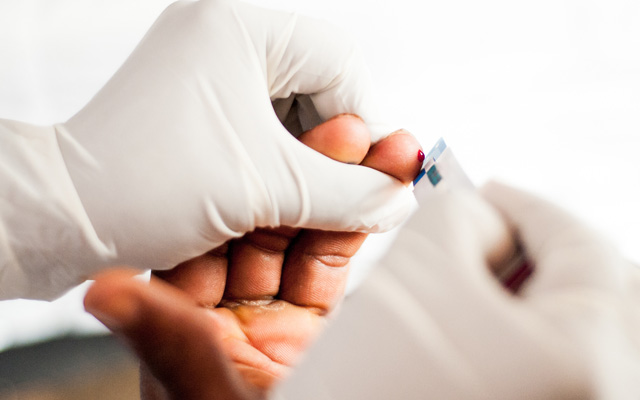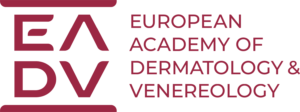EADV Congress scientific programme
The EADV Scientific Programming Committee has prepared a captivating and inspiring 4-day agenda catering to the expectations of both young dermatologists-venereologists and seasoned professionals.
The specially curated programme promises an intimate experience with renowned speakers across 170 sessions.
Session tracks
Sessions of different formats will cover the most important topics in dermatology and venereology. Subjects will be treated with different approaches and from different perspectives depending on the type and structure of the session.
Plenary sessions ↓
Plenary lectures are EADV show-case sessions and include key-note lectures delivered by eminent scientists and doctors.
Focus on ↓
These sessions aim at providing comprehensive in-depth coverage of a certain topic in dermatology. The talks will be included in sessions on pathophysiology/epidemiology, clinical challenges, or practical aspects of disease management and will provide the latest cutting-edge information.
Updates ↓
These sessions will enable participants to update their knowledge on a specific topic and hear about the most relevant and recent developments, guidelines and practical knowledge from the past year. The talks will summarize the current understanding of the subject, followed by an update on the most recent novelties with their impact on clinical practice.
Controversies ↓
Controversial topics in dermatology will be discussed from different points of view in the form of a debate, giving delegates extensive insights into the latest findings.
Training and education ↓
These lectures focus on a specific disease and include basic information about epidemiology, pathophysiology, diagnosis, management and prognosis. The target audience of these sessions is young dermatology trainees and residents, as well as dermatologists that want to refresh their basic knowledge on specific topics.
Free communications ↓
Authors of the most highly ranked abstracts assessed by a selected panel of abstract reviewers are invited to provide a 10-minute oral presentation.
Miscellaneous ↓
Sessions organised and delivered by groups, EADV Task Forces and Committees such as the Project Proposal Review Committee, the Ethics Committee or the JEADV.
EADV Games ↓
The EADV will host a quiz for residents during the congress, an event which will gather 18 European countries to compete against each other in a thrilling quiz focusing on various Dermatology topics.
Workshops * ↓
Workshops are a great opportunity to immediately implement newly learned skills, to gain practical experience and quickly acquire knowledge on the subject. Workshops also promote interaction between instructors and participants.
* Workshops need to be purchased in advance and have limited capacity
Allied healthcare professionals workshop: ↓
Join us for a dedicated workshop series designed specifically for allied healthcare professionals! On Saturday, we will feature an entire track dedicated to Nurses, offering valuable insights, and opportunities for networking.
WED
17
Plenary sessions on this day
- Plenary Lectures A
- 12:00 - 13:00
- Plenary session with keynote lecture
- 17:45 - 19:00
Scientific sessions
| 08:30 – 10:00 | 10:15 – 11:45 | 14:15 – 15:45 | 16:00 – 17:30 |
| Late breaking news | Late breaking news | ||
| Subspecialty session: ETFAD | Subspecialty session: ESCAD | Focus on STIs | Focus on STIs |
| Subspecialty session | Subspecialty session: MUMC | Psoriasis | Psoriasis |
| Subspecialty session: IPC | Subspecialty session: IDS | Acne | Hair disorders |
| Subspecialty session: ESLD | Subspecialty session: FRT-SPIN | Oral diseases | Pregnancy and skin diseases |
| Subspecialty session | Subspecialty session: WDS | JAK inhibitors | Vitiligo |
| Subspecialty session: PALD | Subspecialty session: SSDDS | Dermatology in skin of color patients | Dermatology in skin of color patients |
| Subspecialty session: IADVL | Subspecialty session: European Nail Society | Skin and systemic diseases | Rosacea |
| Subspecialty session: ESPD | Subspecialty session: CILAD | Emerging technologies and procedures | Emerging technologies and procedures |
| Subspecialty session: Emirates Dermatology Society | Subspecialty session: GRAPPA | Dermato-endocrinology | Vasculitis and vasculopathies |
| Subspecialty session: ASDV | Subspecialty session: ERN-Skin | Lasers and energy-based devices, Practical aspects of basics | Lasers and energy-based devices II: Advanced, including complications management |
| Subspecialty session: EURO-PDT | Subspecialty session: MEIDAM | Skin ageing and rejuvenation | Geriatric dermatology |
| Subspecialty session:Euromelanoma | Subspecialty session: ISD | Clinical-pathological correlation | Clinical-pathological correlation |
| Skin diseases in Latin America | Skin diseases named after pioneering French dermatologists | ||
| Workshop | Workshop | ||
| Workshop | Workshop | ||
THU
18
Plenary session on this day
- Plenary Lectures B
- 12:00 - 13:00
Scientific sessions
| 08:30 – 10:00 | 10:15 – 11:45 | 14:15 – 15:45 | 16:00 – 17:30 |
| Focus on hair disorders: Diagnosis | Focus on hair disorders: Management | Late Breaking News | Late Breaking News |
| Atopic dermatitis | Atopic dermatitis | Nail disorders | Nail disorders |
| Paediatric dermatology | Paediatric dermatology | Hidradenitis suppurativa | Hidradenitis suppurativa |
| Contact eczema | Chronic hand eczema | Chronic Urticaria in honour of Marcus Maurer | Drug reactions |
| Melanoma | Melanoma | Basal cell carcinoma | Squamous cell carcinoma |
| Dermatosurgery | Dermatosurgery | Mohs surgery | Off-label use |
| Non-genetic rare diseases | Immediate type allergies | Sclerotic skin diseases | Genital diseases |
| Controversies I | Controversies II | Controversies III | Controversies IV |
| Basal cell carcinoma | Squamous cell carcinoma | Melanoma | Melanoma |
| Drug reactions | Urticaria | Atopic dermatitis | Non-atopic eczema |
| Fillers I, Basics | Fillers II, Advanced | Botulinum Toxin I, Basics | Fibroblast as a target for rejuvenation |
| Autoimmune bullous diseases | Bullous diseases | Emerging viral infections | Infestations and parasitic infections |
| Free Communications I | Free Communications II | Free Communications III | Free Communications IV |
| Patient-focused session | EADV-funded projects | Ethics, diversity and Inclusion | Best of Dermatology papers 2025: a panoramic view |
| Workshop | Workshop | ||
| Workshop | Workshop | ||
FRI
19
Scientific sessions
| 08:30 – 10:00 | 10:15 – 11:45 | 14:15 – 15:45 | 16:00 – 17:30 |
| Focus on pigmentary disorders: Hyperpigmentation | Focus on pigmentary disorders: Hypopigmentation | Late breaking news | Late breaking news |
| Dermoscopy for non-melanoma skin cancer | Dermoscopy for melanoma and melanocytic naevi | Nail and hair dermoscopy | Dermoscopy: Beyond tumours |
| Personalised approaches for clinical practice | Social media in my daily practice | Merkel cell carcinoma and cutaneous sarcomas | Cutaneous lymphomas |
| Genetic diseases | Neutrophilic diseases | Lupus erythematosus | Dermatomyositis |
| Scars and keloids | Wound healing | Adverse events in new anti-cancer therapy and their management | Non-infectious granulomatous diseases |
| Top advances in 2025 presented by ESDR | Hot topics in Dermatology selected by the EADV President | Best of European and American Dermatology | Best of European and American Dermatology |
| Body art and dermatology | Lichen planus | HIV | |
| Controversies V | Controversies VI | Controversies VII | Controversies VIII |
| New and emerging diagnostic technologies | New and emerging treatment technologies | Psoriasis | Autoimmune disorders |
| Bullous diseases | Surgical therapy | Genetics for the clinician | Immunology for the clinician |
| Peeling | Combination treatments in aesthetic dermatology | Scars | Skin tightening and rejuvenation |
| Bacterial skin infections | Fungal skin infections | Skin microbiome | Migrant dermatology |
| Free communications V | Free communications VI | Free Communications VII | Free Communications VIII |
| Gearing up your talents in: presenting | Gearing up your talents in: writing | Gearing up your talents in: photography | |
| Workshop | Workshop | ||
| Workshop | Workshop | ||
| EADV Games | |||
SAT
20
Plenary session on this day
- Plenary Lectures c
- 12:00 - 13:00
Scientific sessions
| 08:30 – 10:00 | 10:15 – 11:45 | 14:15 – 15:45 | 16:00 – 17:30 |
| Acne | Acne | Subspecialty session | Subspecialty session |
| Itch | Chronic prurigo | Subspecialty session | Subspecialty session |
| Hypohidrosis and hyperhidrosis | Travel-related infectious diseases | Subspecialty session | Subspecialty session |
| Global Health | Chronic leg ulcers | Subspecialty session | Subspecialty session |
| TBC | Photodermatology | Subspecialty session | Subspecialty session: IPS |
| Botulinum Toxin II, Advanced | Aesthetic dermatology for medical indications | Subspecialty session: IEC | |
| Red flags and emergencies in dermatology | Actinic keratosis | Subspecialty session: EWDVS | Subspecialty session |
| Paediatric dermatology: Pathogenesis | Paediatric dermatology: Management | Subspecialty session: ESDaP | |
| Infectious diseases | Skin in internal medicine | Subspecialty session: WDC | |
| History of dermatology | Implications of climate change and environmental challenges | Subspecialty session | Subspecialty session |
| Clinical cases presented by residents | The hot seat: Local residents quiz the international faculty | Subspecialty session | Subspecialty session |
| Impact of the climate change in dermatology | Tropical dermatology interactive quiz | Subspecialty session | Subspecialty session |
| Nutrition and Dermatology | Global skin disease atlases | Allied healthcare professionals workshop | |
| Task Force highlights | Task Force highlights | ||
| Workshop | Workshop | ||
| Workshop | Workshop | ||
Sessions spotlights
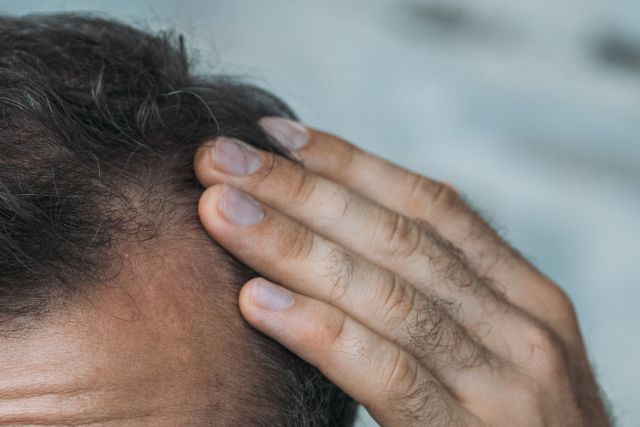

Hair disorders: Management
This session explores two challenging types of alopecia: androgenetic alopecia (AGA) and neutrophilic scarring alopecias, including dissecting cellulitis (DC) and folliculitis decalvans (FD). Experts will review the latest in diagnosis, pathophysiology, and personalized treatment strategies, ranging from established therapies to emerging options across pediatric and adult patients.
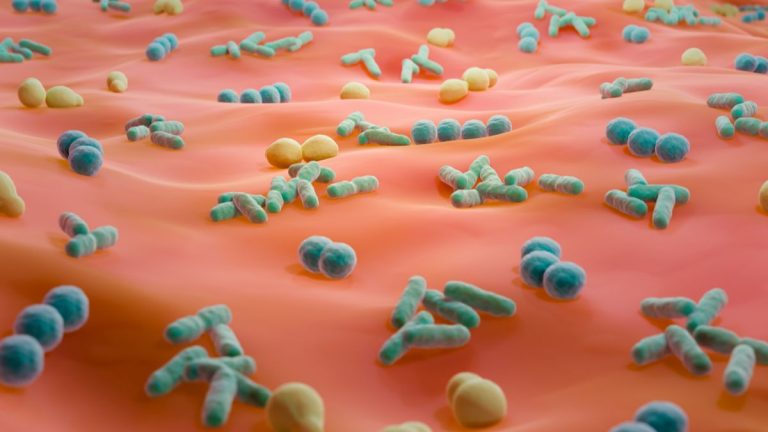

Skin microbiome: its role in acne and hidradenitis suppurativa
In this presentation, we explore how skin microbiome dysbiosis contributes to acne and hidradenitis suppurativa (HS). Acne involves C. acnes phylotype IA1 dominance and S. epidermidis imbalance, while HS is linked to biofilm-related inflammation. We also highlight emerging microbiome-based therapies and personalized skincare approaches.
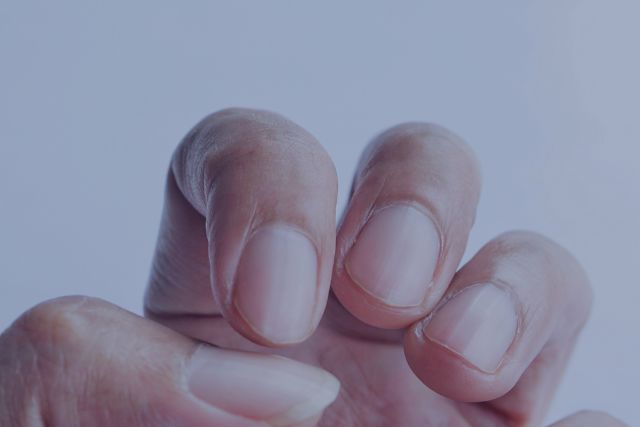

Nail disorders
This presentation reviews topical, intralesional, systemic, biologic and small molecules treatments, outlining indications based on the site and severity of nail involvement.
Letter from the EADV Scientific Programming Committee
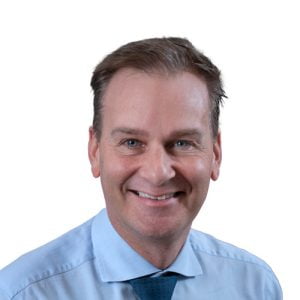

Dear Colleagues,
A warm welcome to the 33rd EADV Congress in Amsterdam! We are thrilled to present an outstanding program that showcases the very best in dermatology. This year’s congress is packed with cutting-edge advancements and practical insights on how to integrate these innovations into your clinical practice.
With 600 exceptional speakers, each carefully selected for their expertise, you’ll experience an array of engaging talks covering the entire spectrum of dermatology.
Our mission is to make this the most unforgettable dermatology congress ever—a gathering that truly has something for everyone. Whether you’re from academia, private practice, or just starting your career, this congress is designed with you in mind.
As in the past, we’ve organized sessions into “Updates,” “Training and Education,” and “Controversies,” with the ever-popular “Focus on” sessions diving deep into hot topics like bullous diseases, hidradenitis suppurativa, and cutaneous lymphomas.
This year, we’re placing a special emphasis on the future of dermatology with a full-day “Resident’s Track,” crafted by and for young dermatology professionals. And don’t miss the thrilling EADV GAMES—a dermatology quiz where residents from 18 European countries will battle it out for the top spot. It’s going to be a competition like no other!
Our plenary talks will feature nine world-renowned speakers addressing the hottest topics in dermatology today, from neoadjuvant therapy in melanoma to the role of artificial intelligence, climate change, JAK inhibitors, pustular psoriasis, and STIs. Be sure not to miss the Opening Lecture by the legendary explorer Bertrand Piccard, who will deliver an inspiring message on resilience, drawing from his epic, solar-powered journey around the world.
This year, we’ve set a new record with the number of abstract submissions—over 4’200! We’ve handpicked the most groundbreaking research to be featured in the Late-Breaking News sessions, Free Communications, and our newly introduced e-poster showcase sessions.
Our Congress will continue to offer “Hands-on Workshops,” a cherished tradition. And last but not least, “Subspecialty Sessions” will be held on Wednesday morning and Saturday early afternoon, with in-depth explorations of specific topics.
If you can’t join us in person, you can still participate virtually, with live-streamed sessions available on our Congress online platform.
Join us in Amsterdam and help us make the 2024 EADV Congress an extraordinary and unforgettable experience!
Michel Gilliet
Chair of the Scientific Programming Committee, EADV
